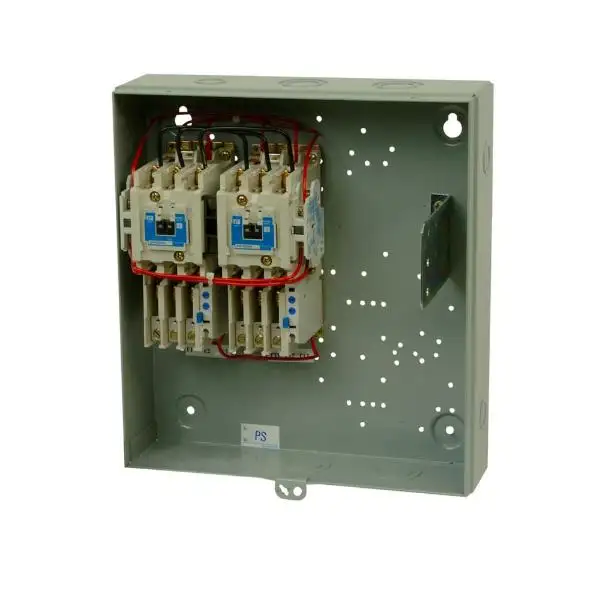 Change Country
Change Country- Sign in
- Submit RFQ
-
Categories
Categories
- Abrasives
- Adhesives
- Appliances & Batteries
- Cleaning
- Electrical
- Fasteners
- Furniture Service
- Hand Tools
- Hardware
- HVAC
- Hydraulics
- Lab Supplies
- Lighting
- Lubrication
- Machining
- Material Handling
- Motors
- Office Supplies
- Outdoor Equipment
- Paint Supplies
- Plumbing
- Pneumatics
- Power Tools
- Power Transmission
- Pumps
- Raw Materials
- Reference Supplies
- Safety
- Security
- Test Instruments
- Vehicle Maintenance
- Welding
- Brands

